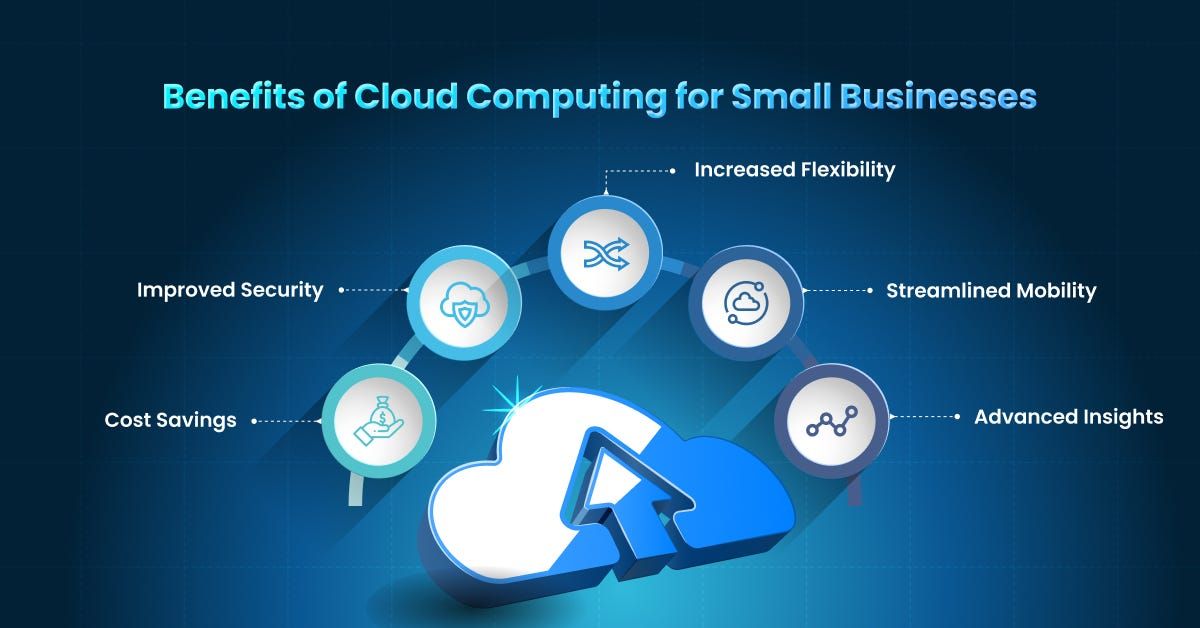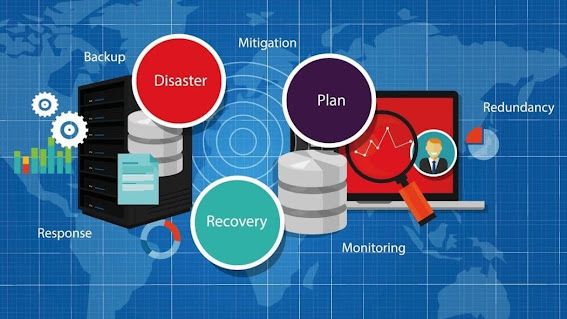In today’s fast-paced digital world, small businesses are constantly looking for ways to stay competitive and innovative. One solution that has been gaining popularity in recent years is cloud computing. Cloud solutions offer small businesses the ability to access computing resources, storage, and applications over the internet, without the need for expensive hardware or infrastructure. In this article, we will explore the benefits and costs of implementing cloud solutions for small businesses.
Benefits of Cloud Solutions for Small Businesses
1. Cost-Effective: One of the biggest advantages of cloud solutions for small businesses is cost savings. By utilizing cloud services, businesses can avoid the upfront costs of purchasing hardware and infrastructure. Instead, they can pay for the resources they use on a subscription basis, which can result in significant savings over time.
2. Scalability: Cloud solutions offer small businesses the flexibility to scale their resources up or down as needed. This means they can easily accommodate growth without having to invest in additional hardware or infrastructure.
3. Accessibility: Cloud solutions provide small businesses with the ability to access their data and applications from anywhere with an internet connection. This is especially beneficial for businesses with remote employees or multiple locations.
4. Security: Many cloud providers offer robust security measures to protect business data from cyber threats. Cloud solutions often include features such as data encryption, firewalls, and multi-factor authentication to ensure data remains safe and secure.
5. Collaboration: Cloud solutions make it easy for employees to collaborate on projects in real-time, regardless of their physical location. This can improve productivity and efficiency within the organization.
6. Disaster Recovery: Cloud solutions offer small businesses peace of mind by providing built-in disaster recovery and backup capabilities. In the event of a data loss or system failure, businesses can quickly recover their data and continue operations without experiencing significant downtime.
Costs of Cloud Solutions for Small Businesses
1. Subscription Fees: While cloud solutions can be cost-effective, businesses will still need to budget for monthly subscription fees. These fees can vary depending on the level of service and resources required.
2. Integration Costs: Implementing cloud solutions may require businesses to invest in training and integration services to ensure a smooth transition. This can add to the overall cost of adopting cloud technology.
3. Data Transfer Costs: Businesses that frequently move large amounts of data to and from the cloud may incur additional data transfer costs. It’s important to consider these costs when budgeting for cloud solutions.
4. Customization Costs: Small businesses may need to customize their cloud solutions to meet their specific needs. This can involve additional development costs and ongoing maintenance fees.
5. Security and Compliance Costs: Businesses must also consider the cost of implementing and maintaining security measures to protect their data in the cloud. Compliance requirements may also add to the overall cost of cloud solutions.
Conclusion
Cloud solutions offer small businesses a wide range of benefits, including cost savings, scalability, accessibility, security, collaboration, and disaster recovery. While there are costs associated with implementing cloud technology, the overall return on investment can be significant. Businesses that choose to leverage cloud solutions can gain a competitive edge in today’s digital marketplace and position themselves for future growth and success.
By incorporating cloud solutions into their IT strategy, small businesses can streamline operations, improve efficiency, and drive innovation. As technology continues to evolve, cloud solutions will remain a valuable tool for small businesses looking to stay ahead of the curve.


